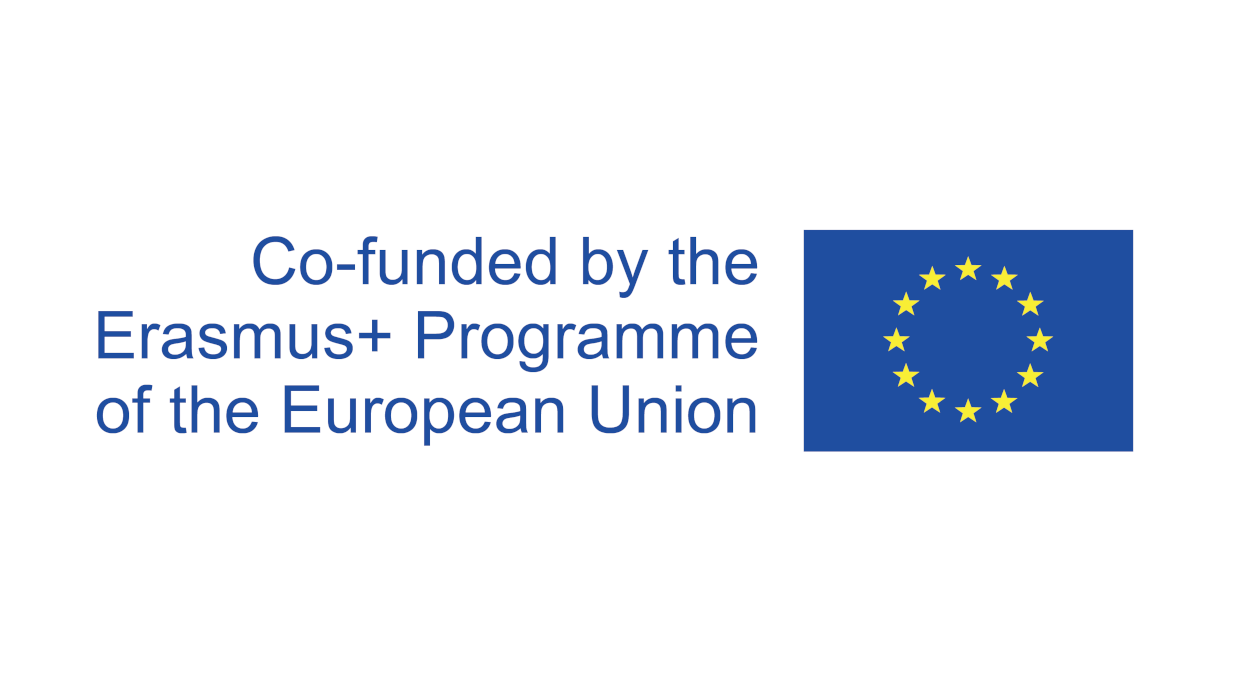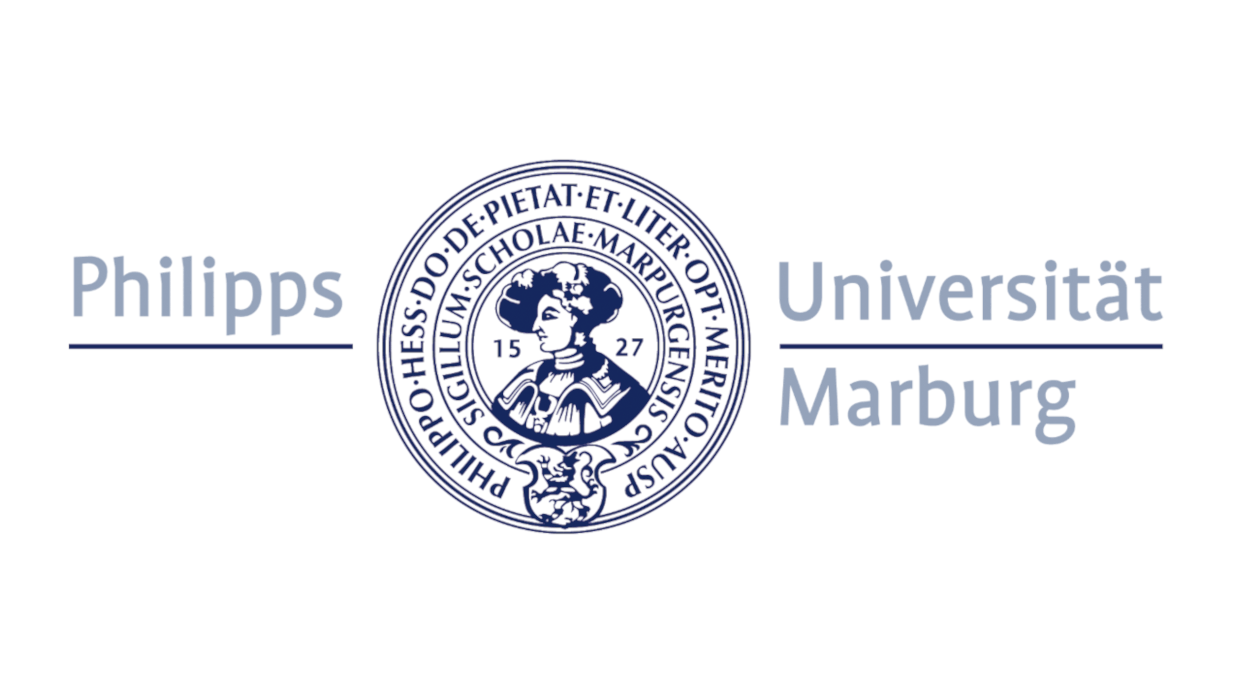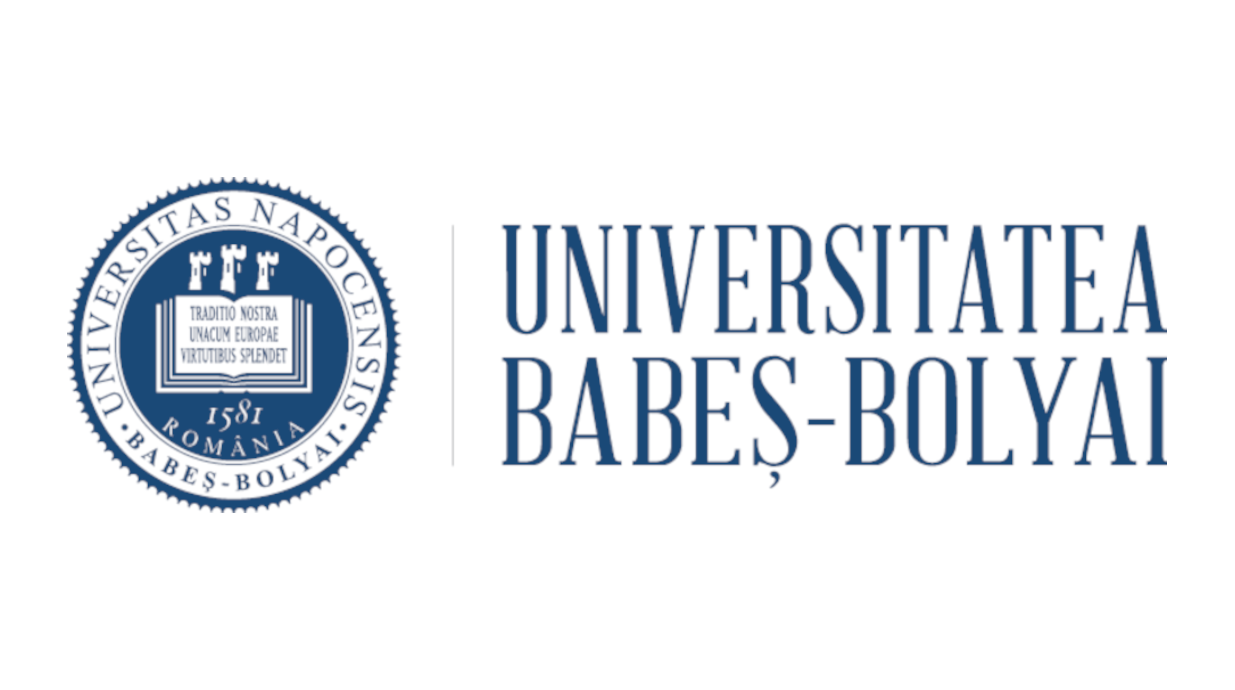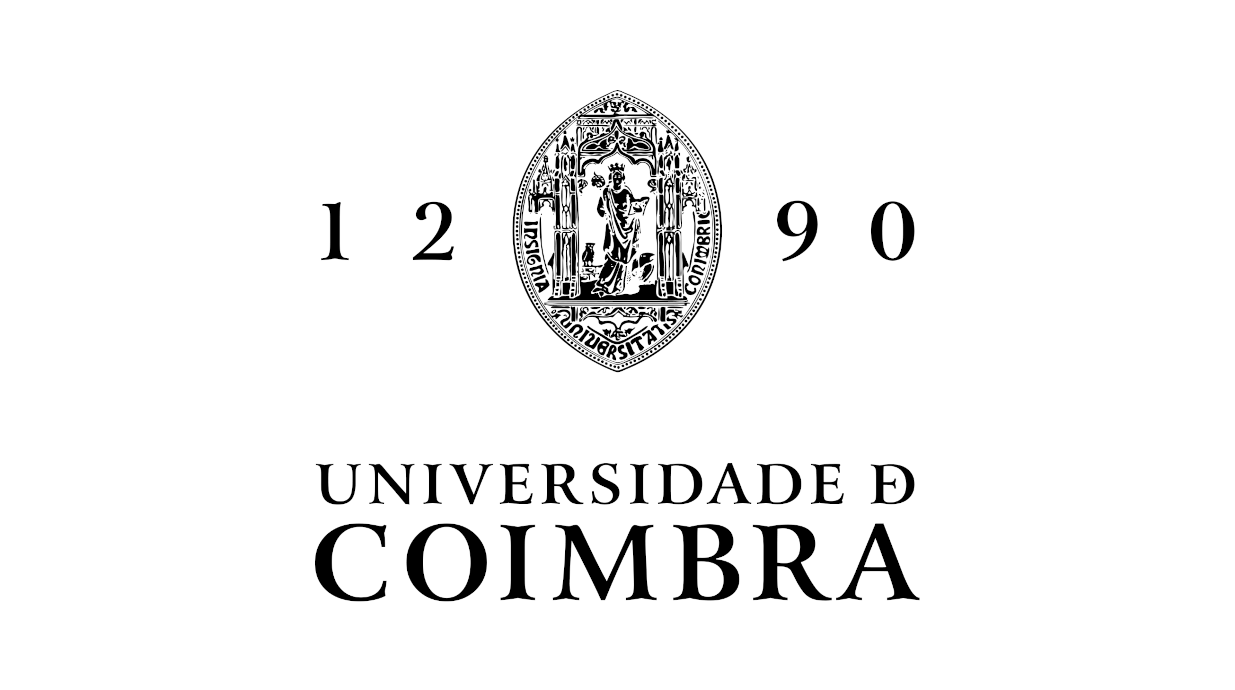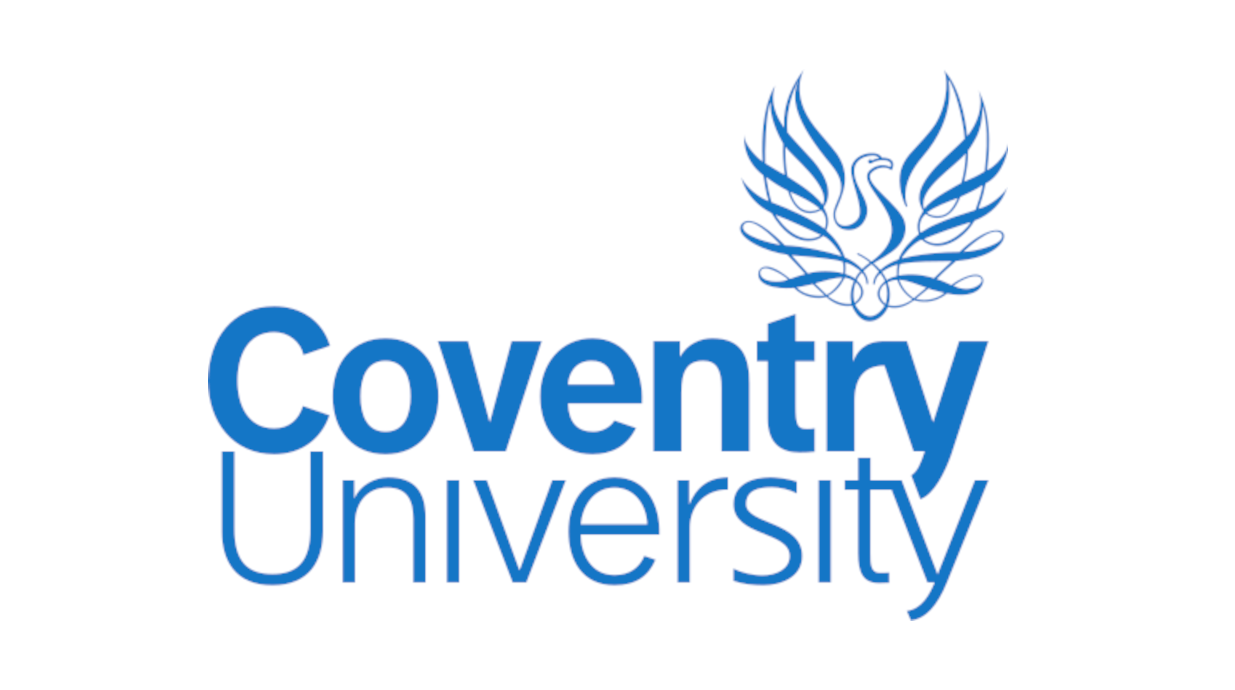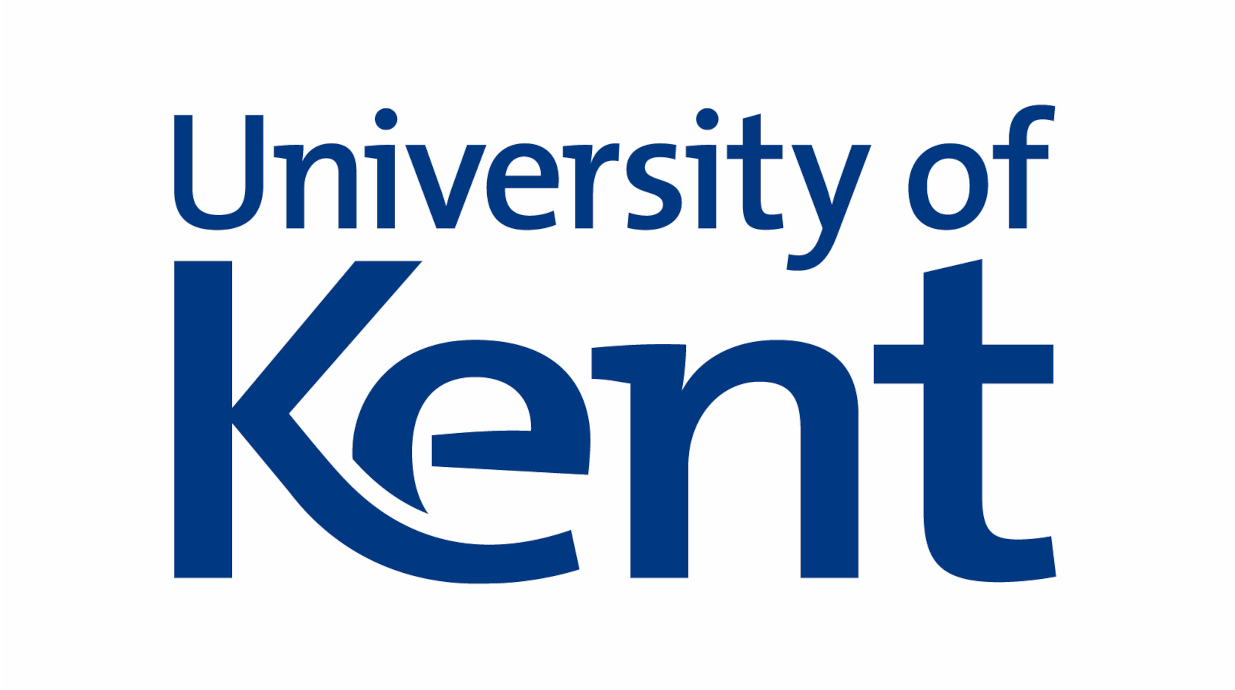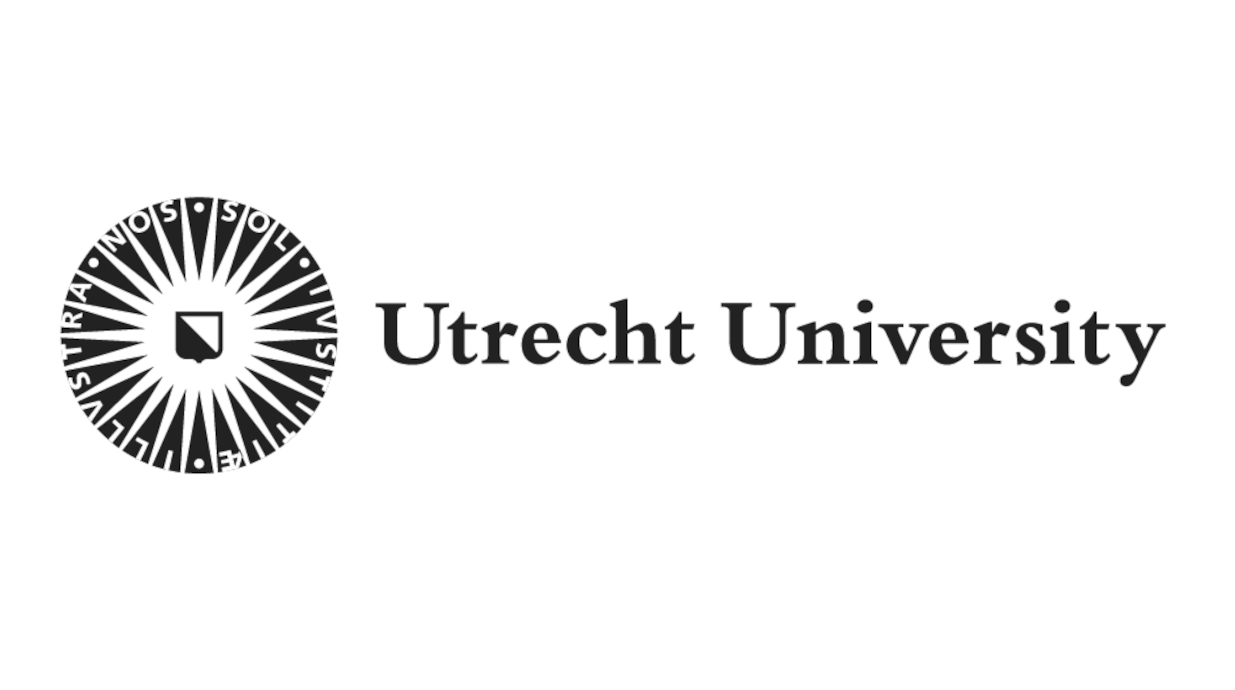Main Content
INCOPS Cooperation Partners
Inhalt ausklappen Inhalt einklappen Babeș-Bolyai University (Romania)

Photo: Colourbox.de The Babeș-Bolyai University (UBB) is the oldest, largest and, in many ways, the most prestigious university in Romania. A distinguishing feature of UBB among multilingual and multicultural universities in Europe is its Carta, which has set up lines of study in Romanian, Hungarian and German. These have their own representation and autonomy of decision-making at every level (department, college, university). Thus, UBB ensures and guarantees the linguistic and cultural specificity not only in carrying out the educational act, but also in the way, they coordinate it. From a linguistic point of view, UBB has one of the most complex systems in Europe: each student can freely choose the language in which one will study (English, Hungarian, German or other international languages), and the study programs may be followed in full in the chosen language. The multicultural development is institutionally guaranteed by the fact that the university's structure is organized according to the three major lines of study (English, Hungarian, and German).
Inhalt ausklappen Inhalt einklappen Coventry University (UK)
Coventry University (CU) with its 35.000 students is well known for being ambitious and innovative, making a significant contribution to important global and societal challenges. It has a reputation for excellent teaching and research, business engagement, innovation and entrepreneurship. With a proud tradition as a provider of high quality education and a focus on multidisciplinary research, CU has established a robust academic presence regionally, nationally and across the world. CU has an extensive track record in engagement with Europe and European research and development.
Centre for Trust, Peace and Social Relations (CTPSR)
Drawing on a strong track record of research in integrated peacebuilding, trust and social and community relations, the Centre for Trust, Peace and Social Relations (CTPSR) exemplifies CU’s long-standing commitment to research that makes a strong impact on society and on the security and quality of life of ordinary people worldwide. It is a truly multi-disciplinary Centre and by drawing from academic disciplines, knowledge and skills across the social sciences and beyond, we tackle many of the most critical and sensitive contemporary challenges facing society.Inhalt ausklappen Inhalt einklappen University of Coimbra (Portugal)

Photo: Colourbox.de The University of Coimbra (UC) is a Portuguese public Higher Education Institution with more than 700 years of experience in education, training and research. Based on 3 campuses, it includes 8 faculties and 41 research centres, being a comprehensive highly regarded institution providing teaching and training and conducting research in almost all study fields associated to Exact Sciences and Engineering, Life Sciences, Social Sciences, Humanities and Sports. UC has a strong internationalisation; one can feel the international atmosphere created by the gathering together, on a permanent basis, of students, teachers and researchers of different cultural backgrounds from all around the world (20% of its students come from about 60 countries). Aware of the complexity and difficulties of multilateral co-operation, the University decided to promote networking by supporting the foundation of important European networks: the Coimbra Group (38 partner universities) and the Utrecht Network (31 partner universities), in both of which the UC plays an important role.
Inhalt ausklappen Inhalt einklappen University of Kent (UK)

Photo: Colourbox.de The University of Kent (UKC) offers award winning teaching informed by world leading research in Humanities, Sciences and Social Sciences. The total student body is just over 20,000 students, of which 25% are from outside of the UK. UKC has campuses/centres in Canterbury, Medway, Paris, Brussels, Athens and Rome. UKC Kent has a strong international impact, and builds vigorously on its close ties within Europe and beyond. Kent prides itself on being the UK’s European university: the University’s commitment to the European Higher Education Agenda is demonstrated by extensive study abroad opportunities; double/joint degree programmes and research links as well as its presence on mainland Europe.
School of Politics and International Relations
The School of Politics and International Relations (SPIRS) is part of the Human and Social Sciences Division at UKC. It is one of the biggest schools dedicated to Politics, International Relations, International conflict, and international security in the UK. SPIRS offers UG programmes in Politics and Politics and International Relations, as well as a large number of joint honours BA degrees and BA degrees in Politics and International Relations with a language or a year abroad. Since the academic year 2020-21 SPIRS also offers a degree in Politics and International Relations with a Year in Industry. At the PG level SPIRS offers two sizable MA programmes in conflict studies one of which is a unique international joint award with UMR, and one security MA programme. SPIRS also offers PG programmes in International Relations (including double awards), International Relations and International Law and Political Psychology. In addition the Brussels School of International Studies offers similar MA programmes as well as a number of additional MA programmes at our second campus in Brussels.
Conflict Analysis Research Centre
The Conflict Analysis Research Centre (CARC) at the University of Kent is a multi-disciplinary research centre. It is based in the School of Politics and International Relations but can draw on the expertise of other Schools such as History, Anthropology, Psychology, the School of Social Policy and Social Science Research, Law, Health Sciences, and the Kent Business School.Inhalt ausklappen Inhalt einklappen Philipps-Universität Marburg (Germany)

Photo: Thomas Scheidt The Philipps-Universität (UMR) is steeped in history and rich in tradition and is set in a charming and medieval city centre. UMR unites ground breaking research and exemplary support for young scholars and researchers with an attractive academic offering, With 12 Leibniz Prize winners UMR is one of Hesse’s leading research institutions focusing on the fields of infection and tumour research, synthetic microbiology, materials sciences, cognitive and applied neurosciences, language dynamics research, biodiversity and climate research, conflict research, and Near and Middle Eastern Studies.
Center for Conflict Studies
The Center for Conflict Studies (CCS) is a central and interdisciplinary institution of the University of Marburg. In addition to various BA degree program modules, it offers a master degree program in Peace and Conflict Studies (mainly German taught) and an international joint degree masters offered in collaboration with the University of Kent (Canterbury), United Kingdom. The current research profile of the Center for Conflict Studies is characterised by interconnected and mutually enriching perspectives. On the basis of interdisciplinary cooperation between the disciplines involved in the Center, the following research foci have emerged in recent years, which define the programmatic framework of the Center. These research foci are linked, among other things, by the fact that they analyse local and global norms, structures and actors as well as their relationship to each other.. Current scientific and political issues are actively debated at many forums organized by the Center, including a lecture series where guests, staff and students actively engage.Inhalt ausklappen Inhalt einklappen Utrecht University (Netherlands)

Photo: Colourbox.de Utrecht University (UU) with its 30.000 students is a top research university that has a history of collaborating with universities, knowledge institutions and industries in national and international platforms. UU is a broad-based, high-quality international research university. Its interdisciplinary research focuses on four themes: Dynamics of Youth, Institutions for Open Societies, Life Sciences, and Pathways to Sustainability. UU invests in innovative educational concepts which are part of the reason for the high student pass rate at Utrecht. Education and research are strongly linked; collaboration takes place in close-knit communities that value diversity and inclusion.
Centre for Conflict Studies
The Centre for Conflict Studies (CCS) is an academic team based within the History of International Relations section of the Department of History and Art History, Faculty of Humanities, which is an interdisciplinary national focal point that has unique expertise in the international field of conflict and post-conflict studies. The CCS team is involved in coordinating and teaching the MA Conflict Studies and Human Rights (40 students per year) and the BA minor Conflict Studies (120 students per year) from 2004 onwards. For both its educational and research programmes the CCS draws on a variety of academic specializations including anthropology, political science, international relations, history and development studies, and their sub-fields such as security studies, resistance studies, political ecology, critical discourse analysis, and political economy. The team works on research themes that are closely linked to its educational programme, which comprises undergraduate and graduate courses reflecting contemporary and innovative trends in academic thought with regard to current violent conflict as well as to prevailing policy practice.
